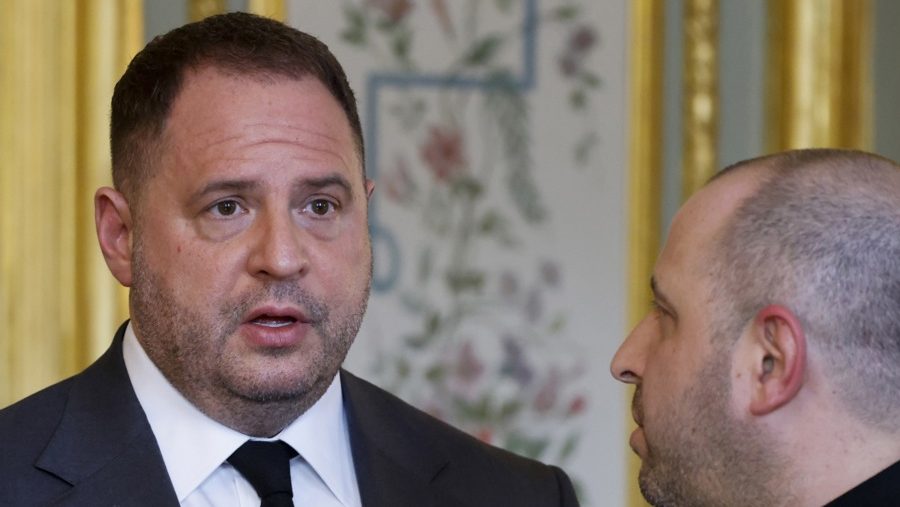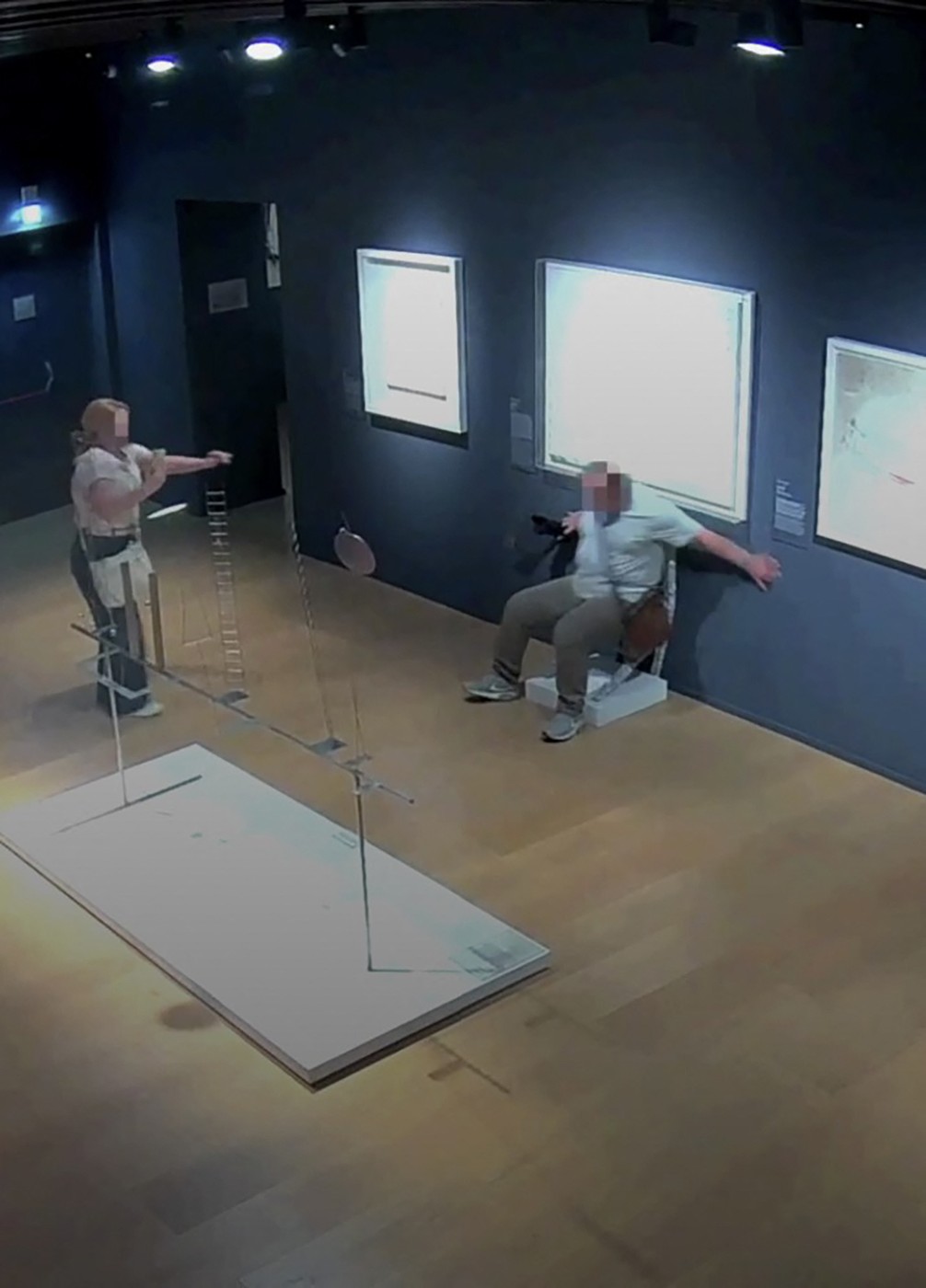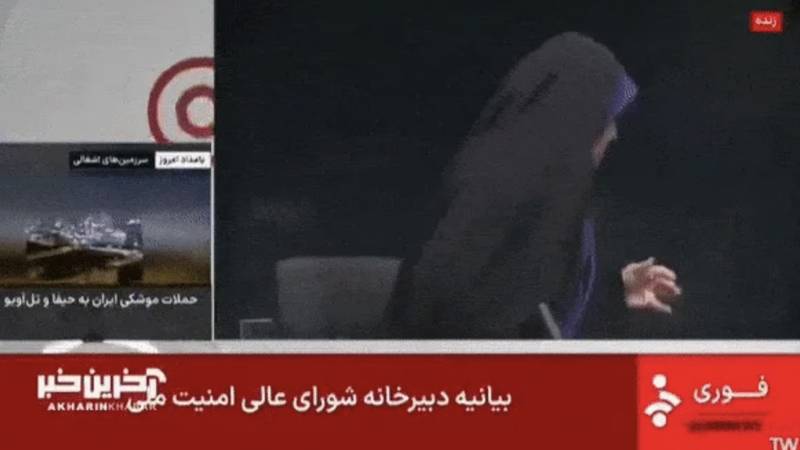Russia offers shorter ceasefire, but here is what actually Putin wants: Author’s article Head of the Green – World Cabinet

On Monday, Kremlin offered a three-day break in hostilities against Ukraine during May, in order to coincide with Moscow celebrations of World War II.
In the context in which Ukraine calls for unconditional thirty-day ceasefire, and the United States of America, Russia is looking for concessions before it can talk about the lasting break or constant peace at all.
The Ključni Kremlin request is the abolition of sanctions – especially those limited by its air sector, indicates an author’s article for Guardian Andrij Jermak, head of the cabinet of President of Ukraine Volodimira Green.
We must be careful not to make concessions too soon, under the pretext of prompt progress. The short break that Russia offers would not have a significant impact on the workflow, and accepting such a bid would be regimen to extend its aggressor war and undermine this opportunity for just, fair and lasting peace.
Current measures limit access to the Western market for Russian airline and block the import of key spare parts, maintenance services and other equipment – including double-purpose goods that can also be used in military purposes.
At first glance, Russian requirements for concessions act simply and easily – as a « quick victory » for both sides.
However, the humanitarian and economic character of the Russian request actually conceals the political and military advantage that any air sanction alleviation would give Russian president and its war machinery.
These sanctions today are strong evidence of how many creams the Kremlin are really limited – and that successfully.
Sanctions in the aviation sector are not just a strong symbol, but also a specific obstacle to Russia. In the war economy of Russia, the boundaries between the public and private sectors are extremely blurred – especially when it comes to aviation.
The airlines are not only collateral victims of sanctions, but active participants in support of illegal Russian invasion on Ukraine.
Just like Russian propagandists travel freely to Europe and buy real estate abroad by bloody money, or chemical factories that avoid exports of fertilizers, and actually drives the war machine of Russia.
It must be understood that the so-called civilian air sector of Russia became an extended army arm when it comes to transport, logistics and smuggling.
Russian civilian airlines and airports actively participate in the circumstances of international sanctions by delivering key components under sanctions.
Freight companies such as Volga-Dnepr provides transport services for military needs. And Fly – charter service – transports soldiers to the front line, as stated by the Ukrainian Center for National Resistance.
Vnukovo Airport in Moscow, the once tourist hub, is sanctioned by the EU because it is used in support of the war against Ukraine. The airport in Pskova simultaneously performs commercial flights and serves as a base for military transport airplanes.
In addition, the normalization of airplane connections would take one of the key restrictions from the daily lives of Russian citizens, which would free all internal pressure for Moscow to strive for peace. The Russians would experience it as another Putin’s victory and probably supported the continuation of the war even more, instead of turning to negotiations.
These sanctions represent much more than regular inconvenience – they are a direct obstacle to the Russian war against Ukraine and a visible reminder of the consequences of Russian aggression.
Instead of abolishing them, we must add up to the success of the current sanction regime. Airports and airlines that serve as double-purpose facilities for smuggling sanctioned goods must bear the consequences. Companies participating in military logistics must remain in blacklists.
Supply chain tracking must be reinforced to prevent diverting parts for military needs.
The fact that Russian officials raised the issue of abolishing air sanctions to the highest diplomatic level confirms their effectiveness.
The decision makers should understand that this is evidence that sanctions function.
Russia desperately tries to save their air sector – any mitigation of sanctions in this area must be conditioned by serious obligations of Moscow towards peaceful and prosperous relations with Ukraine. It must not be traded.
As long as Russia remains attached to its illegal aggression, the Russian airlines must remain closed sky.
Any decision that weakens this position will strengthen Russia’s ability to obtain sanctioned technology, improve military logistics and calm their own public.
Since Russia started its caused and unlawful war of aggression, the Ukrainian airspace passes combat airplanes and rockets, not passenger planes.
Why would Russians have the freedom of travel while Ukrainians are not safe in their own country?
Follow us on our Facebook and Instagram page, but also on X account. Subscribe to PDF List release today.







